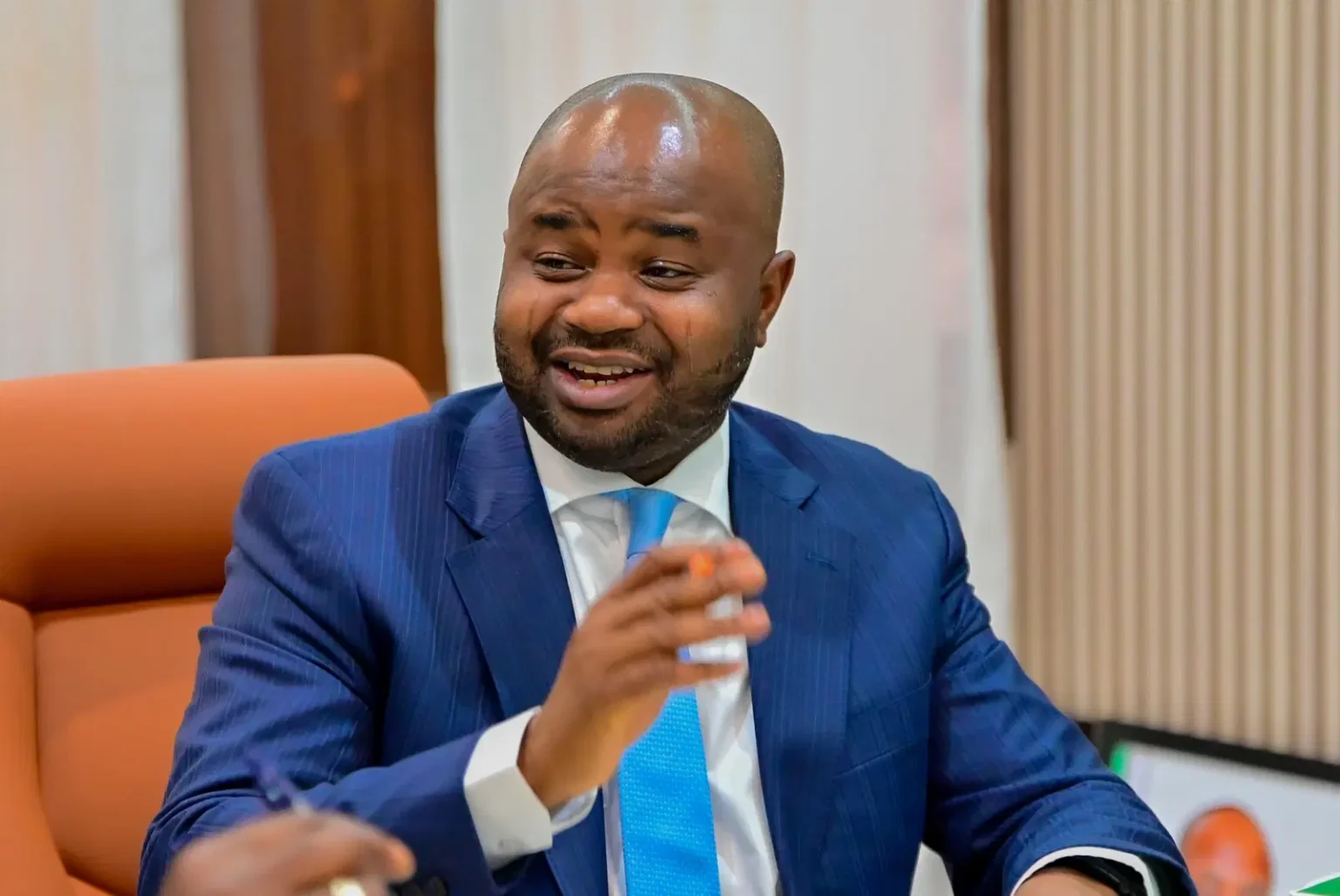ABUJA — The Executive Chairman of the Federal Inland Revenue Service (FIRS), Zacch Adedeji, has asserted that borrowing should not be viewed as a flaw in Nigeria’s financial system, but rather as a routine and necessary element of public finance.
Speaking during a press briefing in Abuja, Adedeji clarified that the administration of President Bola Tinubu has already taken decisive steps to end the controversial “Ways and Means” financing mechanism, under which the Central Bank of Nigeria (CBN) directly funded government expenditure. He confirmed that all outstanding balances from that arrangement have now been formalised as federal government debt and are currently being serviced.
“One of the key decisions of Mr President was to collateralise the Ways and Means. We stopped printing money, and the whole loan was taken as a federal government loan. We are paying both principal and interest, and that is why you now see stability in the system and less pressure on the exchange rate,” Adedeji stated.
Addressing criticism surrounding the government’s continued borrowing, Adedeji stressed that all such financial actions are taken within legal parameters and in line with the budget approved by the National Assembly.
READ ALSO: Tax Reform bills ‘ll ensure sustainable economic growth – Oyedele
“When Mr President says revenue targets are being met, some people ask, ‘Why are we still borrowing?’ The right question should be: are we borrowing within the budget approved by the National Assembly? The answer is yes,” he emphasised.
He further explained that achieving revenue targets does not negate the need for borrowing, noting that national budgets globally are typically structured around three key components: revenue, expenditure, and debt.
“Borrowing is an integral part of any functioning economy. No country or even household survives solely on income without some form of credit. Banks exist within the economy to provide that support. When government borrows, it pays interest — that interest goes to banks, who in turn pay workers, who pay taxes. Companies also pay profits that are taxed. It all feeds back into the system,” he said.
Adedeji also made the case for strategic borrowing, particularly for capital projects. He noted that loans directed towards infrastructure development, such as road construction, are economically justifiable, as the resulting economic activity generates future tax revenue that can be used to repay the debt.
“Borrowing for infrastructure is sustainable. As people and businesses use these roads, we generate tax revenue from their activities — that’s how the system sustains itself,” he concluded.
The FIRS Chairman’s comments come amid ongoing public debate over Nigeria’s debt profile, and reinforce the government’s position that its current borrowing strategy is both deliberate and fiscally responsible.



